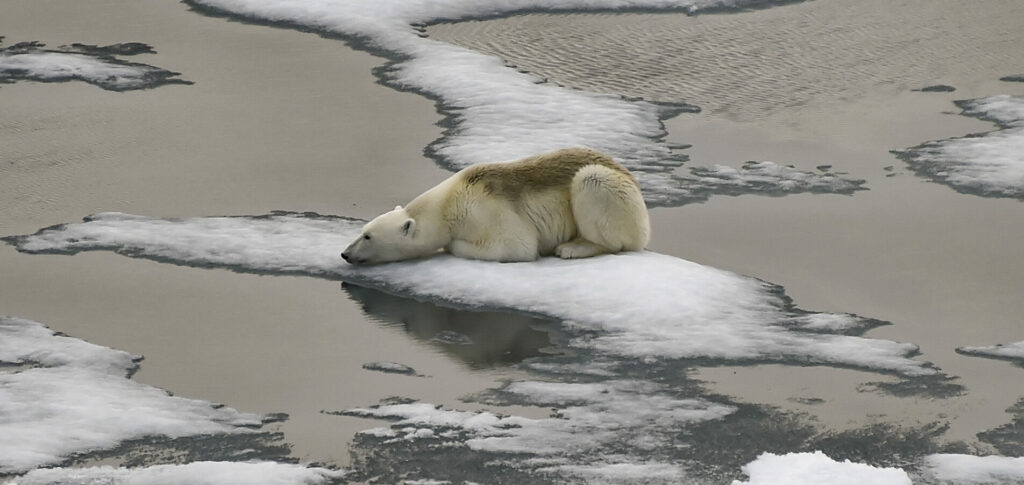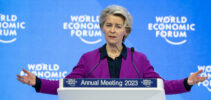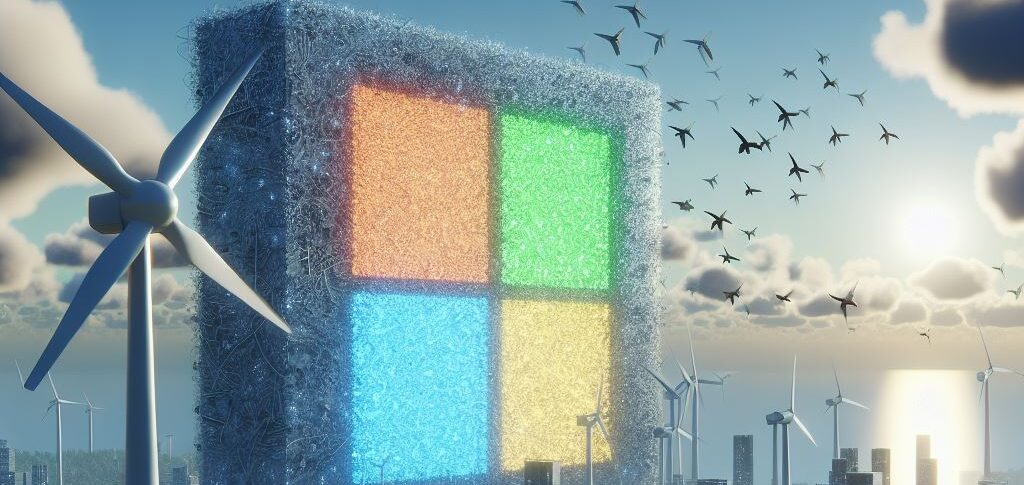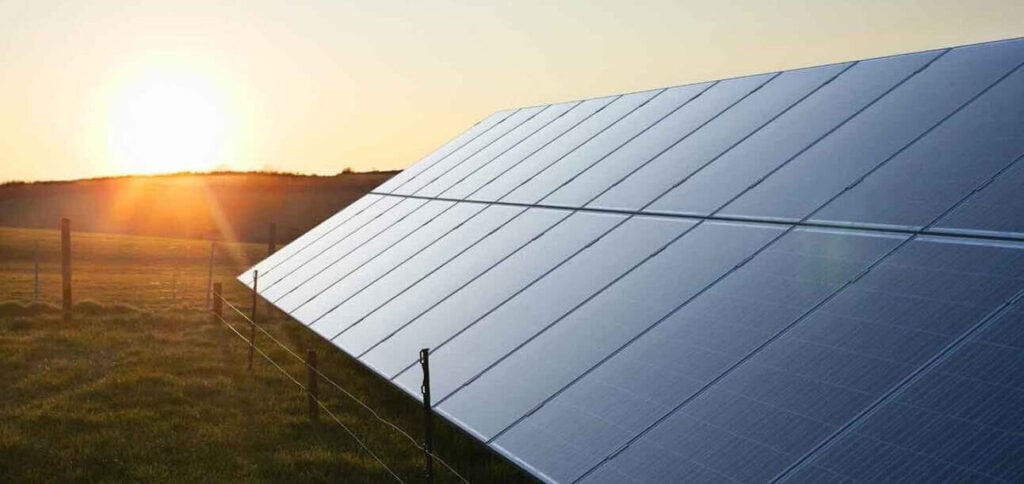“This report is a message of hope,” the president of the UN committee of experts, Hoesung Lee, told AFP. “We have the knowledge, the technology, the tools, the financial resources (…) to overcome the climate problems we have identified, but at the moment what is missing is political will”, acknowledged the Korean economist.
ADVERTISING
The sixth synthesis report since the creation of the IPCC is an exhaustive summary of all knowledge about global warming.
The report is the first published since the signing of the historic Paris Agreement in 2015, which established as the main goal, for almost 200 countries on the planet, to limit the increase in the planet's average temperature to +2ºC, and ideally to +1,5. XNUMXºC.
@curtonews O #ParisAgreement is an international treaty that has one main objective: to reduce global warming. O Curto tell you more about it! 🌎
♬ original sound – Curto News
After a week of debates in Interlaken (Switzerland), these are the main conclusions:
ADVERTISING
The planet's average temperature will increase by 1,5ºC by 2030-2035
The planet's average temperature will reach +1,5ºC compared to the pre-industrial era sometime between the years 2030 and 2035, due to human activity.
The projection is valid in almost all humanity's greenhouse gas emissions scenarios. curto term, taking into account the accumulation over a century and a half, according to the report's conclusions.
However, “deep, rapid and prolonged reductions in emissions (…) would lead to a visible slowdown in global warming in approximately two decades”, adds the text.
ADVERTISING
Climate risks are more serious than expected
“Several climate-related risks are higher than expected, given the future level of warming”, explain members of the IPCC. “With the inevitable rise in sea levels, the risks to coastal ecosystems, people and infrastructure will continue to increase after 2100”, they explain.
The question of “losses and damages” caused by extreme weather episodes is one of the most delicate topics in climate negotiations. The next summit, COP28, will take place in December in Dubai.
The hottest years today will be the mildest tomorrow
Today's hottest years will be some of the mildest for a generation.
ADVERTISING
“Today’s world is colder than tomorrow’s, at least for several decades,” said Chris Jones, a scientist at the British Weather Service and one of the report’s lead authors.
The last eight years have been the hottest on record to date.
The benefits outweigh the costs
The benefits of limiting global warming at +2ºC they exceed the costs, say climatologists.
ADVERTISING
“Postponing limitation and adaptation measures (…) would reduce their viability, and losses and damages would increase”, explains the IPCC.
“Between 2010 and 2019, costs decreased considerably for solar energy (85%), wind energy (55%) and lithium batteries (85%)”, explains the summary.
“A curto term, the actions imply initial investments and potentially radical changes”, admit the experts.
Accelerate carbon neutrality
Rich countries should bring forward their carbon neutrality targets “as close as possible to 2040” rather than 2050, Guterres urged in a swift reaction.
Accelerating the objective is essential to “deactivate the climate bomb”, he explained in a video message.
Humanity, which “walks on a thin layer of ice”, can still limit the warming of the planet, but this requires “a decisive advance in climate action”.
Carbon neutrality consists of emitting the same amount of carbon dioxide (CO2) into the atmosphere as is removed, using different techniques.
Developed countries, benefiting from decades of progress thanks to the consumption of fossil energy, must be the first to set an example.
Developing countries, in turn, must adjust to the 2050 date to achieve carbon neutrality, says Guterres.
Read also








